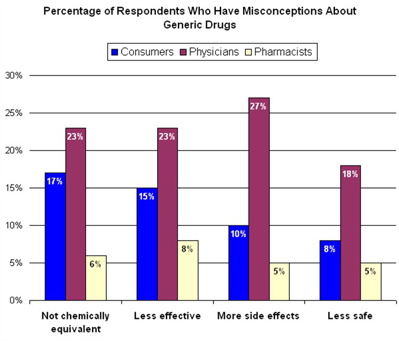Before I saw this news story, I was talking to a friend of mine whose girlfriend is a pharmacy student. He mentioned that she hasn’t been vaccinated. At all. Against anything.
My mind was boggled.
1) I thought it was required for all students, particularly those in the medical field, so they don’t endanger their patients — immunocompromised individuals are susceptible to these diseases even if they are vaccinated. I was required to be vaccinated against several specific diseases as a condition of being accepted to pharmacy school. The requirements were different if you were a pre-med or a PA student (which makes sense).
2) Why would a pharmacy student not be vaccinated against things like polio? MMR? Sure, there’s the old (unfounded) worry that MMR vaccines increase rates of autism, but the benefits clearly outweigh the consequences.
It seems there are loopholes: students can apparently opt out of it conflicts with their personal or religious beliefs. I think this is a danger specifically to one’s patients, and to the public at large: by it’s very nature, the medical profession exposes personnel to more sickness and disease than would otherwise be the case. I’d almost go so far as to call not being immunized unethical.
Continue reading Diseases eliminated by vaccines making a triumphant return (in certain circles)

